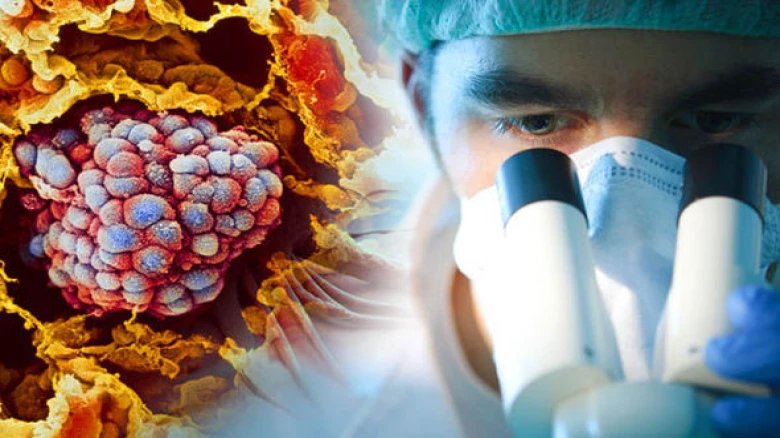This discovery marks a significant stride in cancer research and offers promising avenues...
Digital Desk: In a significant revelation, scientists from Singapore have illuminated a critical aspect of cancer progression, shedding light on how cancer orchestrates the reprogramming of cells, ultimately leading to the formation of deadly tumors. This discovery marks a significant stride in cancer research and offers promising avenues for designing more effective treatments.
The team from A*STAR Singapore Immunology Network, focused their efforts on neutrophils, a ubiquitous type of white blood cell known for their role in the body's immune defense system. Neutrophils, traditionally regarded as guardians against infections and inflammation, have been implicated in supporting tumor growth within cancerous environments, thereby exacerbating clinical outcomes for cancer patients.
Published in the prestigious journal Science, the team's research delineates the nuanced transformation of neutrophils within the tumor microenvironment. By employing a pre-clinical model of pancreatic cancer, the researchers delineated how neutrophils undergo profound changes upon infiltrating tumors, acquiring novel functions pivotal for tumor expansion.
Central to their findings is the revelation that tumor-associated neutrophils stimulate the formation of new blood vessels within the tumor core, surmounting oxygen and nutrient deficiencies that impede tumor growth. Crucially, inhibiting this vessel-promoting capacity or impeding neutrophil-tumor interactions resulted in a marked reduction in pancreatic tumor progression in pre-clinical models.
Dr. Melissa Ng, co-corresponding author of the study, underscores the significance of their findings, emphasizing the potential to selectively target reprogrammed neutrophils as a means to diversify and enhance cancer treatment modalities. This research not only builds upon the team's prior investigations into the heterogeneous nature of neutrophils but also elucidates the mechanisms underpinning tumor-induced neutrophil reprogramming.
Looking ahead, the team remains poised to delve deeper into the factors precipitating neutrophil reprogramming across various human cancers. By unraveling the intricacies of neutrophil-tumor dynamics, they aim to unravel novel therapeutic targets that could revolutionize cancer treatment paradigms.
The elucidation of neutrophil reprogramming in the context of cancer not only deepens our understanding of tumor biology but also paves the way for the development of more precise and efficacious therapeutic interventions, offering renewed hope in the fight against cancer.

Leave A Comment